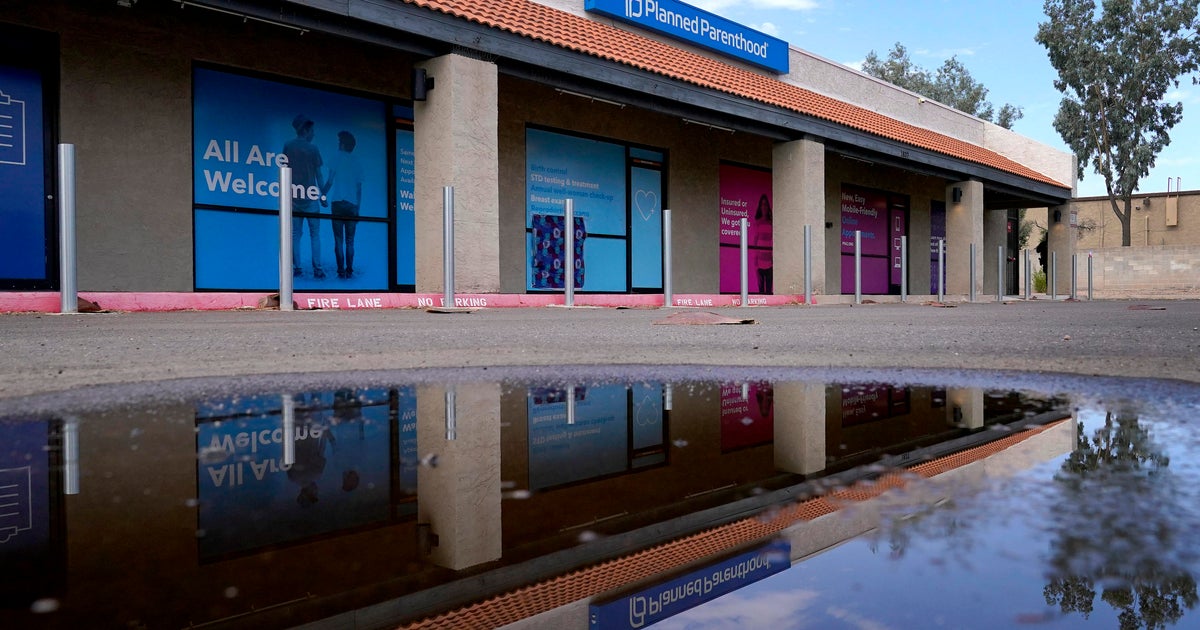Abortion Access Crisis in the Southwest and West: Patients Face Challenges and Barriers
In the aftermath of the Arizona Supreme Court’s decision to enforce an 1864 law criminalizing most abortions, doctors and clinic leaders are bracing for a surge in demand for abortion care across the Southwest and West. With the new restrictions in place, individuals seeking abortions in Arizona will now have to look out of state for care, leading to potential challenges and barriers.
Dr. Maria Phillis, an Ohio OB-GYN and lawyer, expressed concerns about the impact of the court’s decision, stating that this ruling creates another obstacle for individuals seeking safe and accessible abortion care. Planned Parenthood of the Rocky Mountains is already anticipating an influx of patients from Arizona, with clinics in Colorado, New Mexico, and Nevada preparing to accommodate those in need of services.
The decision is expected to have a ripple effect on neighboring states as well, as individuals who previously traveled to Arizona for abortions will now have to seek care elsewhere. Native Americans, in particular, may face additional hurdles due to existing bans on abortions at Indian Health Service facilities and limited access to nearby health centers offering abortion services.
The Guttmacher Institute reported a significant increase in interstate travel for abortions in recent years, with out-of-state patients accounting for a growing percentage of abortions obtained nationally. However, challenges such as long wait times, mandatory waiting periods, and logistical barriers can complicate the process for individuals seeking care.
Organizations like the Brigid Alliance and the Abortion Fund of Arizona are working to provide support for individuals traveling for abortions, offering financial assistance and resources to help navigate the process. Despite the political discourse surrounding later-term abortions, data shows that they are rare, with the majority of abortions occurring in the first trimester.
As individuals face the prospect of traveling out of state for abortion care, concerns about costs, access, and delays in treatment loom large. Advocates and organizations are stepping up to provide assistance and support for those in need, but the impact of the court’s decision on access to reproductive healthcare remains a pressing issue for many.


